Why Caste Matters: Court Decisions on Caste Discrimination in India
This book is part of our “Equality Now!” series of four resource books, one on…
This book is part of our “Equality Now!” series of four resource books, one on…
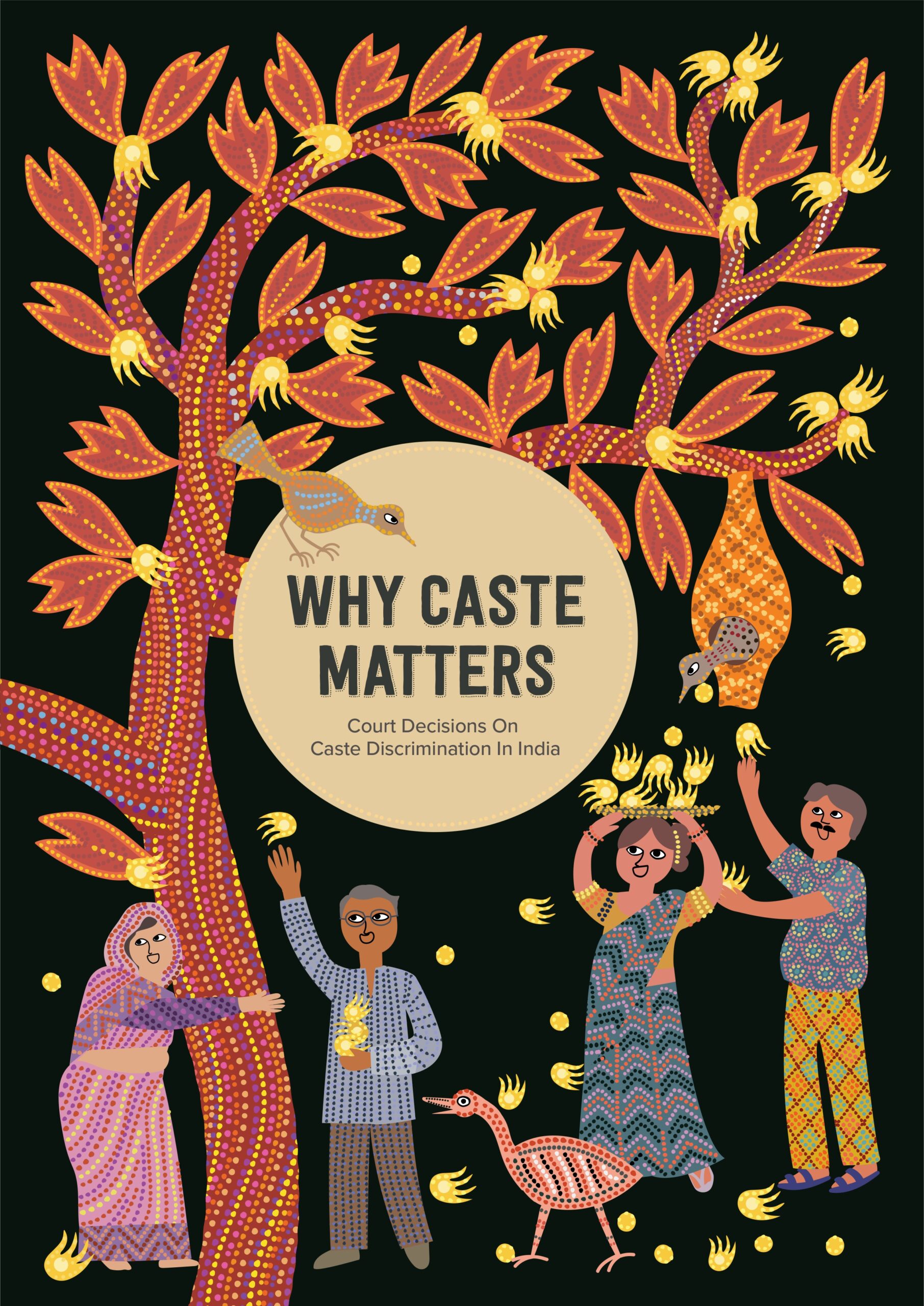
This book is part of our “Equality Now!” series of four resource books, one on each…

This book is part of our “Equality Now!” series of four resource books,…

This book is part of our “Equality Now!” series of four resource books, one on each…

Jayna Kothari has contributed a chapter titled “Is the Supreme Court cherry-picking its gender battles? ” in Tanja Herklotz and Siddharth Peter de Souza, ” Mutinies for Equality: Contemporary Developments in Law & Gender in India” published by Cambridge University Press.
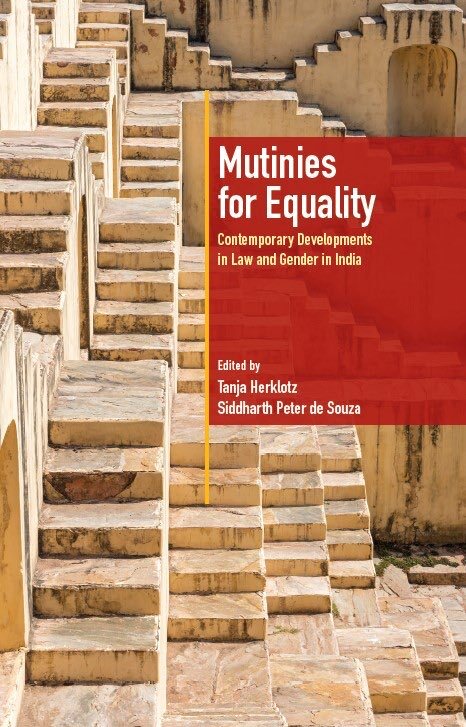
Senior Advocate Jayna Kothari shares her perspective on the progress of transgender rights and equality in India. Beginning with the history of legal battles of the LGBTI and the campaign against Section 377 of the Indian Penal Code, she moves on to review the Supreme Court’s recent “trans-formation”by recognizing transgender identity. She concludes that criminal law and sexual assault in India is, “still gender specific. It only recognizes rape and sexual assault where the victim in defined as a ‘woman’. Thus, transgender persons facing sexual violence have no criminal remedy”.
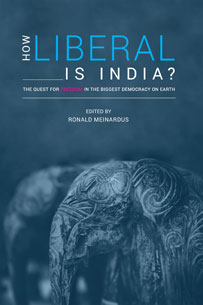
In this essay, Prof. Sudhir Krishnaswamy asks if liberalism is a key value embedded in India’s Constitution. He shows that it was not keenly discussed in the constitution making process or integrated in Supreme Court decisions. Moreover, a brief summary of debates in comparative constitutional design confirms that liberalism is rarely expressly embedded in a constitutional text.

“The Shifting Scales of Justice: The Supreme Court in Neo-Liberal India” is a Volume of 8 essays that explain the trajectory of the Supreme Court in the last quarter of the 20th century. A major theme running through several of the essays is the “conservative turn” that the Supreme Court apparently takes from the 1980’s to the 1990’s.
Sudhir and Madhav Khosla’s essay, “Social Justice and the Supreme Court” draws attention to the protection conferred on socio-economic rights, and questions whether the Supreme Court indeed grew less progressive in the 90’s. They offer a test to evaluate a shift in the Supreme Court’s position. The test requires that there is reliable evidence to suggest that a claim made before the 1990’s Supreme Court would have a less chance of succeeding than if it had, under similar facts and circumstances, been framed in the 1980s.
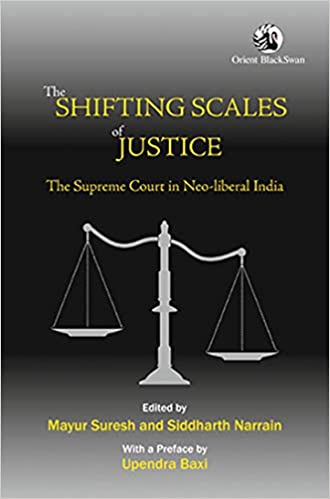
Jayna Kothari has published The Future of Disability Law in India: A Critical Analysis of the Persons with Disabilities (Equal Opportunities, Protection of Rights and Full Participation) Act 1995 (Oxford University Press 2012).
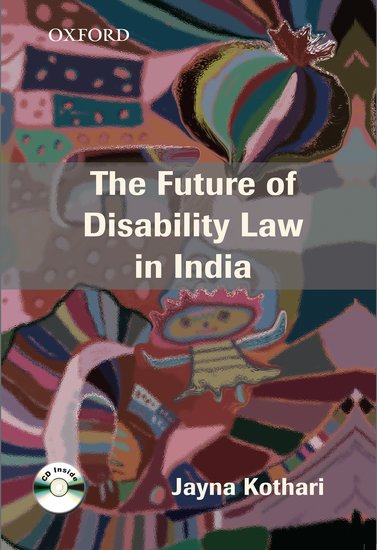
CLPR’s Sudhir Krishnaswamy contributed a chapter to the book ‘Access to Knowledge in India: New Research on Intellectual Property, Innovation and Development in India‘ published by Bloomsbury. The book explores the issue of access to knowledge in different fields such as human rights, development, agriculture, health, etc.
A variety of authors from different sectors have contributed to the book. Sudhir Krishnaswamy authored the chapter on “Access to Knowledge and Traditional Knowledge Protection: The Indian Experience”. The chapter discusses the issue of access with respect to traditional knowledge. It also discusses the possibility of a legislation to deal with the protection and use of traditional knowledge.
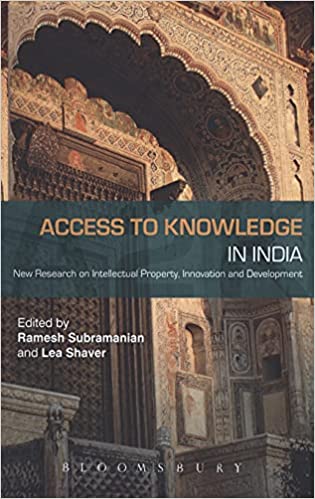
The book examines the basic structure doctrine that was first articulated by the Indian Supreme court in 1973. This doctrine that the Constitution has some provisions that cannot be altered, or removed through amendments. It assesses the legitimacy of the basic structure doctrine in legal, moral, and sociological terms and argues that much of the criticism against the doctrine emerges from the failure to adequately map the contours of constitutional judicial review.
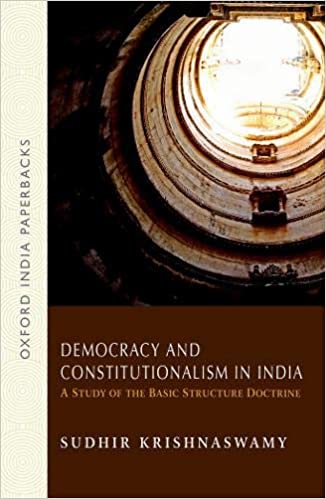
Jayna Kothari has contributed a chapter titled ‘Social Rights Litigation in India: Developments in the Last Decade’, in Daphne Barak-Erez and Aeyal M. Gross (eds.), Exploring Social Rights: Between Theory and Practice (Hart Publishing, 2007).
The chapter brings to light the growing importance of economic and social rights as a part of Article 21 of the Indian Constitution. In examining the protection of social rights in India, this chapter analyses the role of litigation as a new strategy to fulfill the social rights laid down in the Indian Constitution focusing specifically on the right to housing, food and education cases over the last decade. The aim is to shed light on what has been achieved through social rights litigation and to extract some insights into the potential and limits of litigation as a strategy for advancing social rights.
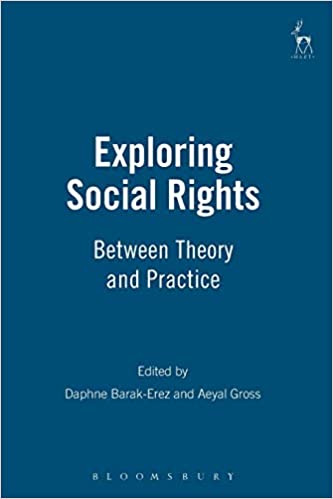
Filter by
By Categories
By Types